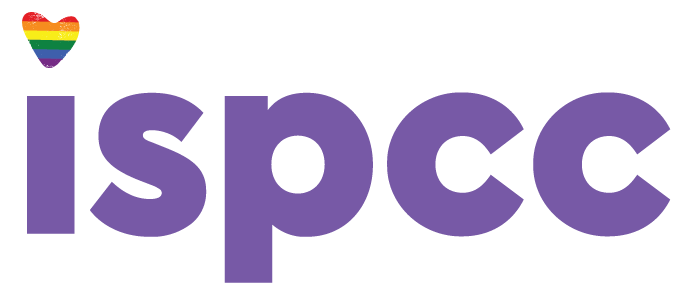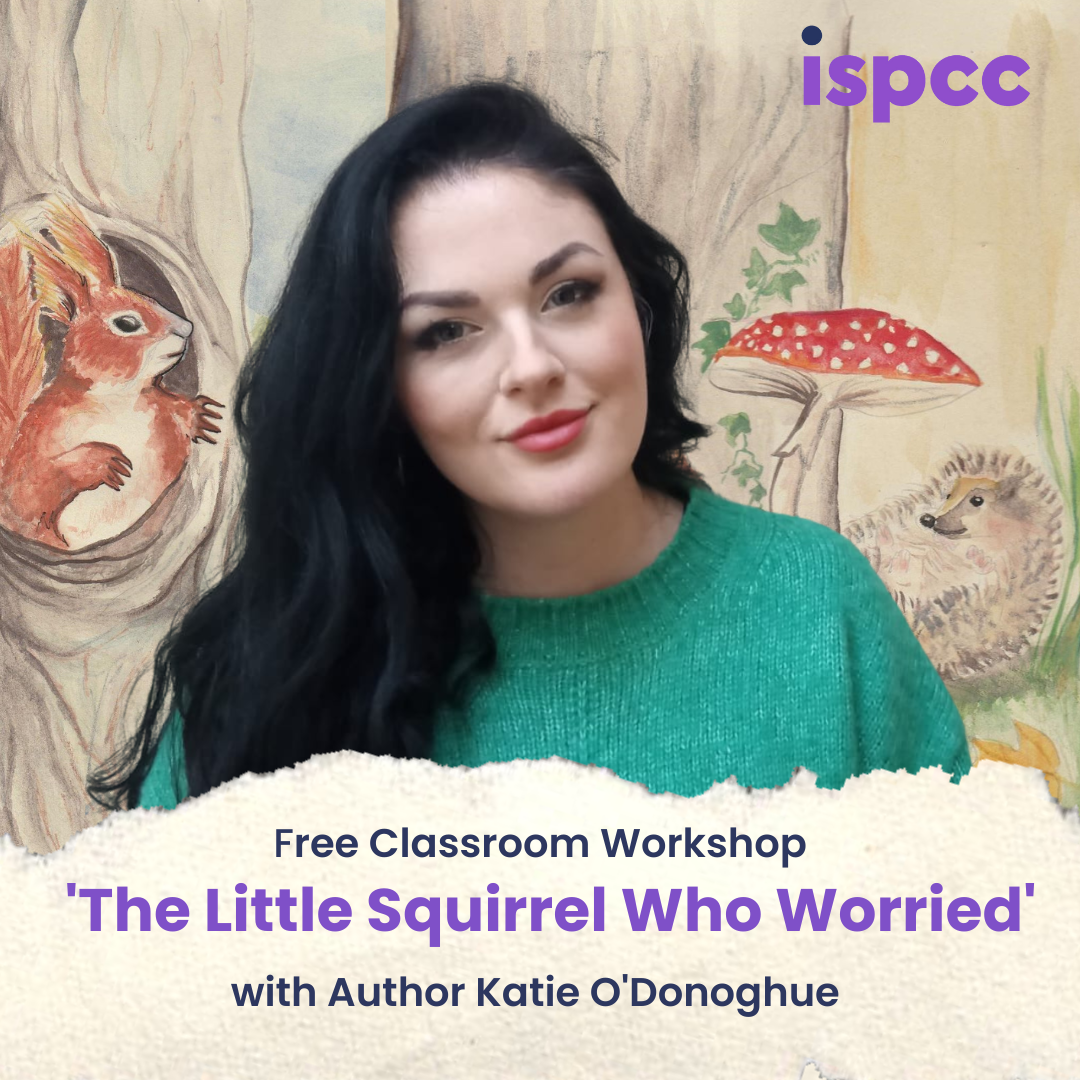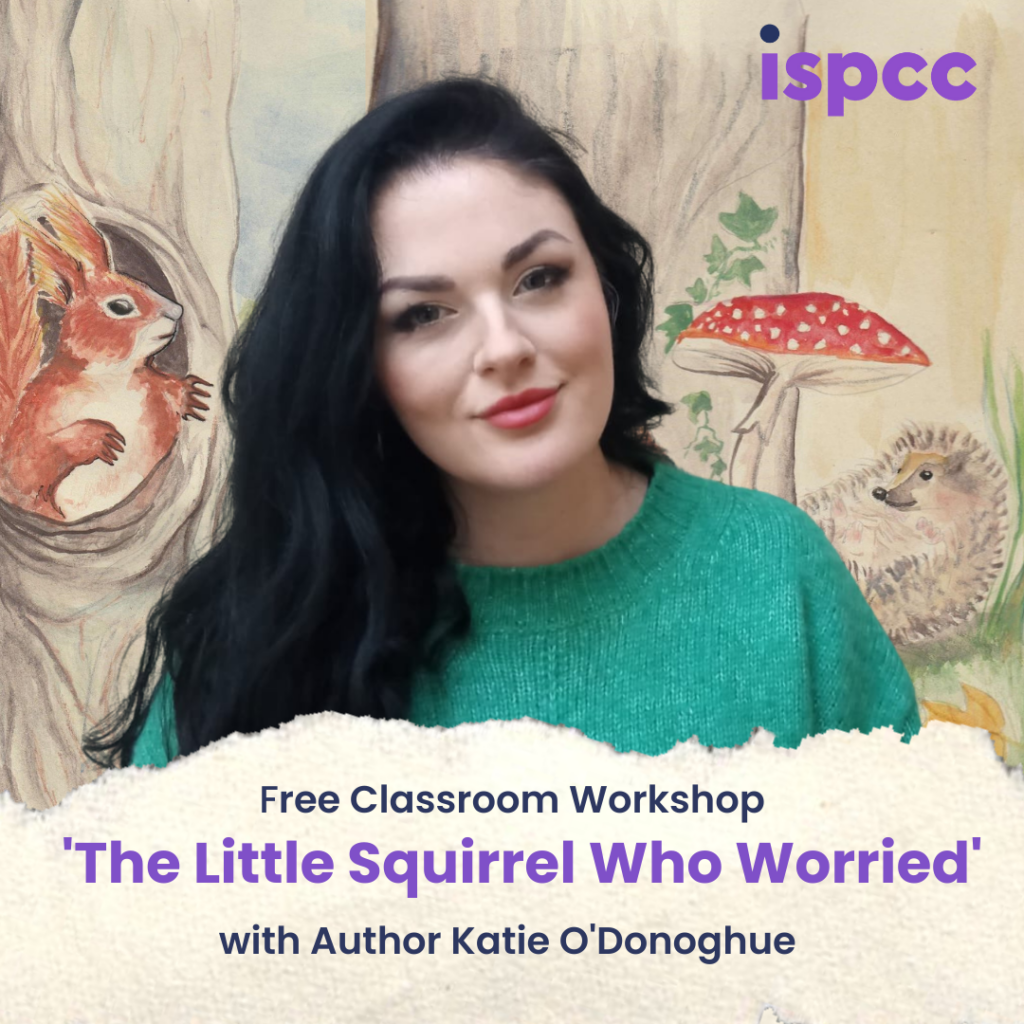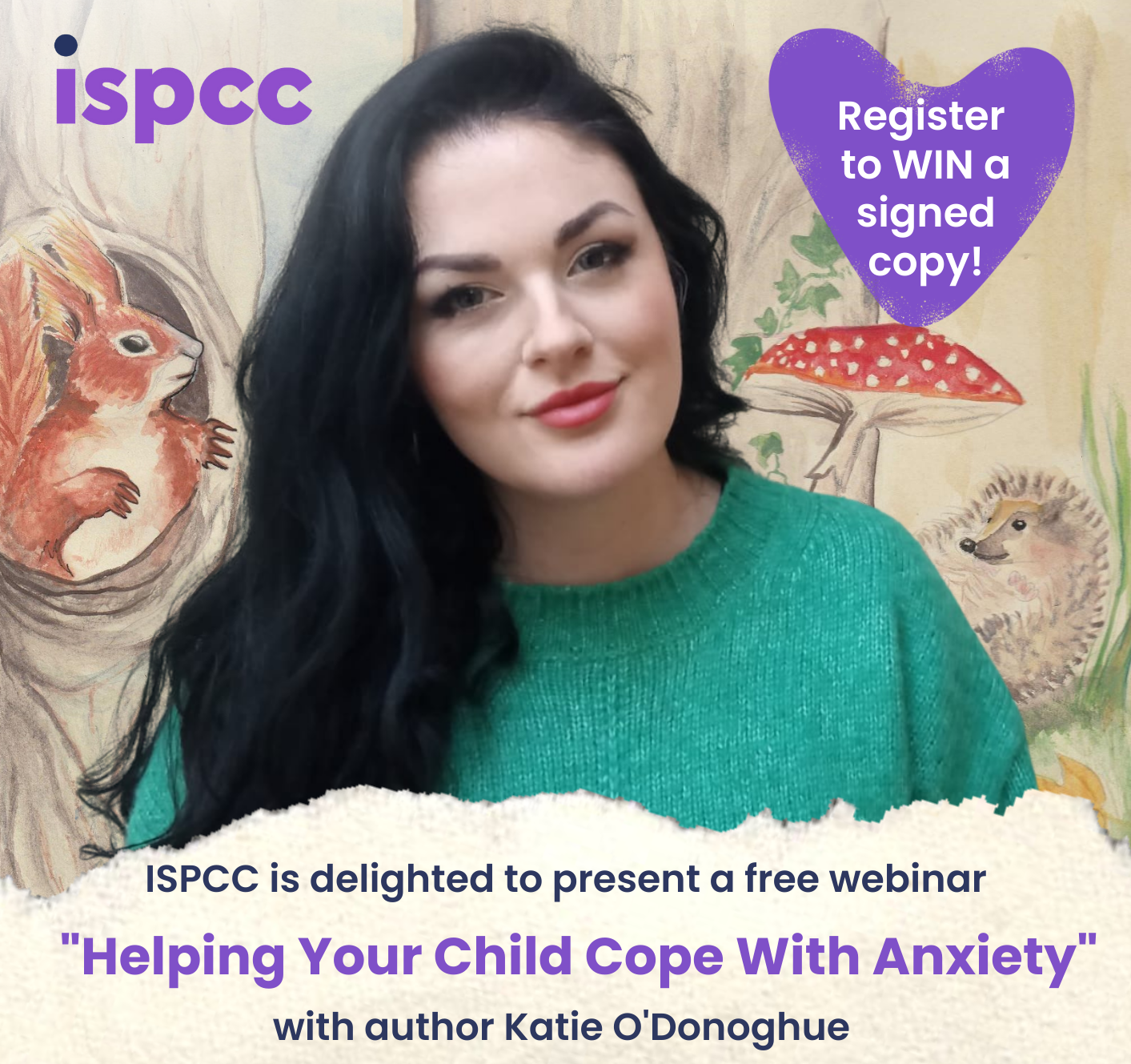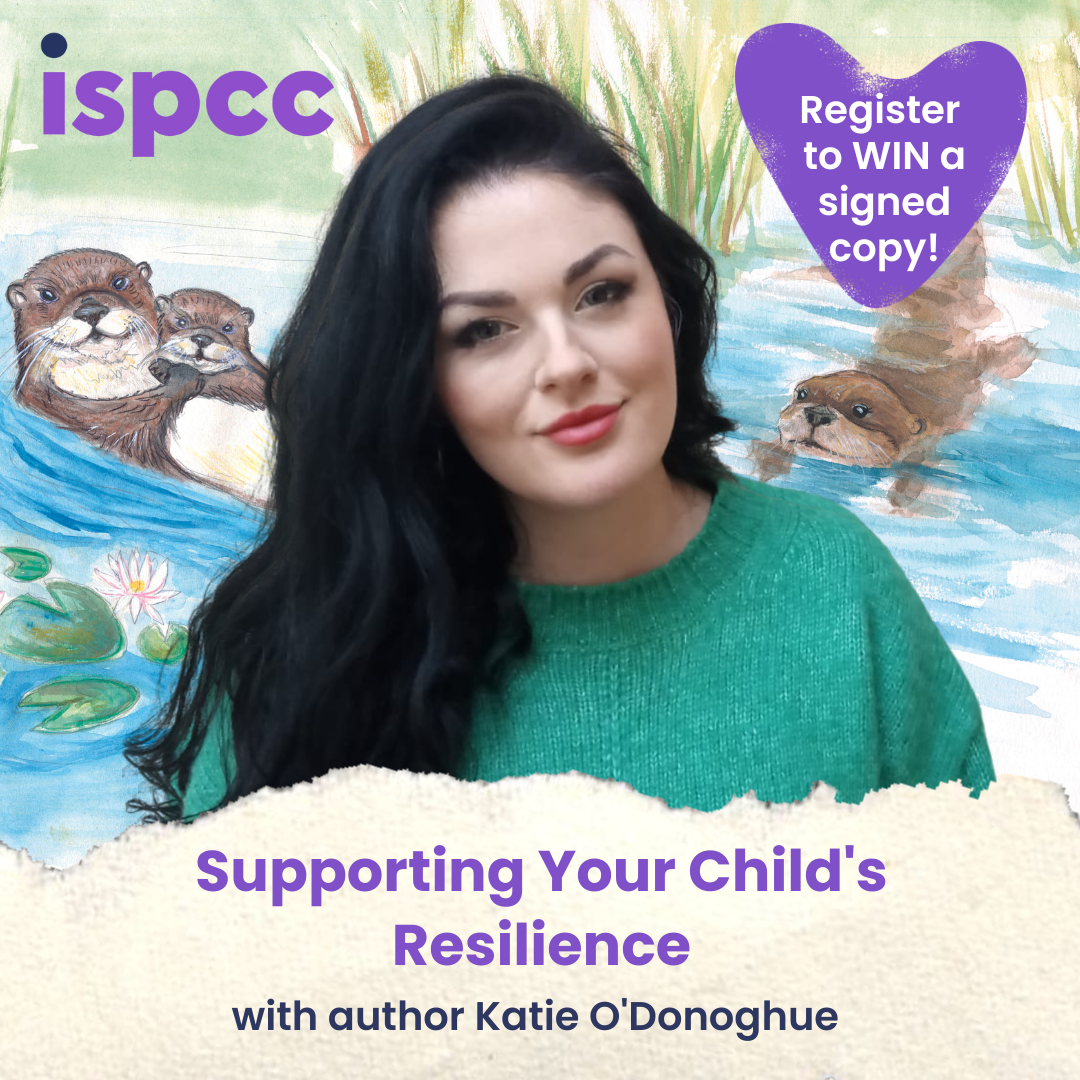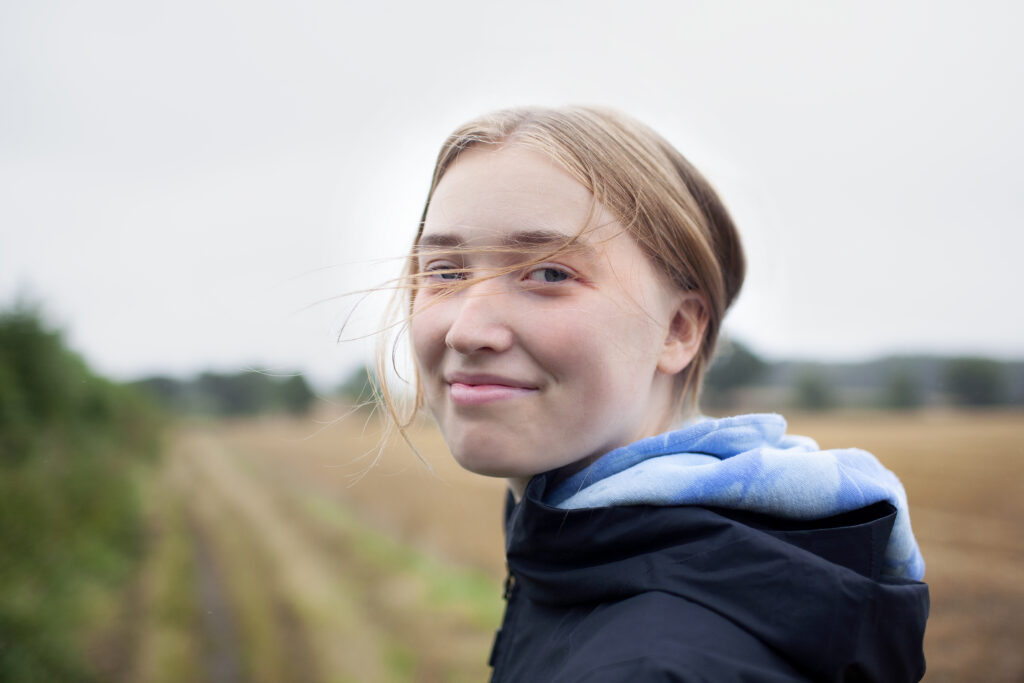
ISPCC offers free Digital Mental Health and Wellbeing Programmes to support parents as well as children and young people experiencing mental health difficulties
March 18, 2025
A parent whose child is suffering from anxiety can feel utterly helpless. They are desperate to help them but simply don’t know what to do. For a parent whose child is on the CAMHS waiting list, the waiting time can feel interminable. If you live in Cork or Kerry, one of the areas in the country with the longest waiting times, it can feel catastrophic. But there is something a parent can do to help their child – and themselves.
ISPCC provides three separate but complimentary Digital Mental Health and Wellbeing programmes, two of which are available to parents/carers of either anxious children or teens while the third is aimed at teenagers experiencing low to moderate levels of anxiety.
ISPCC offers these programmes to all, it isn’t necessary to be on a CAMHS waiting list to avail of them.
The online programmes, which are all free, are based on the principles of Cognitive Behavioural Therapy, or CBT, and are created by SilverCloud, a leading digital mental health provider.
For Susan Nicholson, who completed the Supporting an Anxious Child programme after her GP recommended that her daughter Lauren attend CAMHS, the ISPCC programmes were invaluable.
“I wanted to do something that would help our family to support Lauren. The programme encouraged to me to look at the positives, rather than focusing on the effects of her anxiety. Going through the programme, you could see what other parents were going through and you’re able to relate to their challenges. To know that other people are going through is very helpful. As a parent, you’re supposed to know all the answers, and it’s scary.
“Starting the programme was such an easy process. I liked the fact that it was anonymous, nobody knew me and I didn’t have to go to a meeting in person. It was such a personal experience – in a good way. I didn’t feel like I was just another number.
Supporting an Anxious Child and Supporting an Anxious Teen are programmes that will help users to understand anxiety and better support their child or young person. Space from Anxiety is aimed at 15–18-year-olds, and it is designed to empower young people who experience low to moderate anxiety. An adult can refer themselves or their child to the programmes.
The programmes includes interactive tools, activities, mood monitors and journals to encourage users to apply CBT to their own lives. Users have 12 weeks in which to complete the programme under the guidance of a volunteer, known as a supporter, and can avail of an unsupported version of the programme for one year after this time.
“Chloe [my supporter] was very empathetic,” says Susan. “When you’re in this situation, it’s great when you know someone else cares. I felt as if she cared about Lauren.”
Dee Higgins, an ISPCC volunteer who works on its Digital Mental Health and Wellbeing programmes, believes that the programmes are empowering for users of all ages. “It gives parents and young people a chance to deal with their anxieties before it becomes a huge issue,” she said, adding that “if parents can understand what their child is going through, that’s a huge step.”
To find out more, go to https://www.ispcc.ie/guided-digital-programmes/
- ISPCC delivery of these programmes is supported by the HSE National Office for Suicide Prevention, as part of ‘Connecting for Life, Ireland’s National Strategy to Reduce Suicide’
